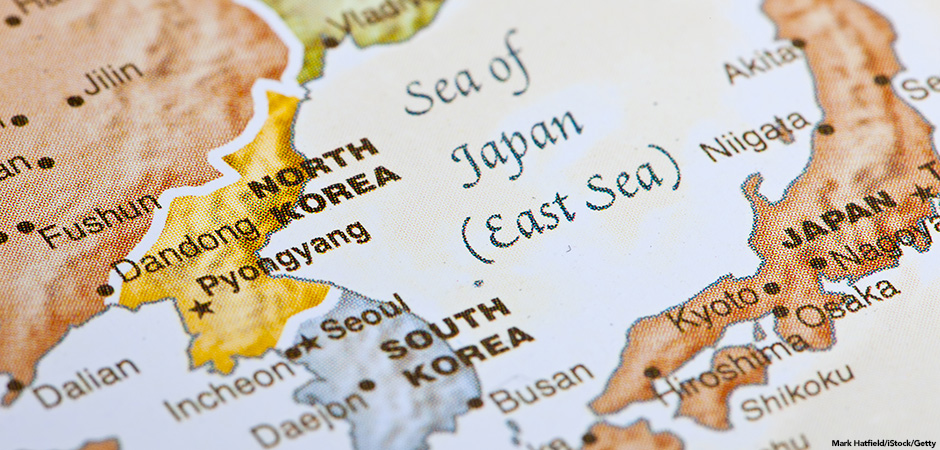
Japan occupied and governed Korea as a colony from 1910 through 1945, when World War II ended. As a result, Korean and Japanese leaders have had a tense relationship since this colonial history ended. On May 7, 2023, Japanese Prime Minister Fumio Kishida publicly expressed sympathy for Koreans forced to labor for Japan during these colonial years. Prime Minister Kishida was visiting South Korea for a summit meeting with South Korean President Yoon Suk Yeol when he expressed his view. Here, btw takes a closer look at the history of Korean forced labor and how the leadership of the two countries is working to address this history.
What is the History of Korean Forced Labor?
From 1937 to 1945, Japan forced hundreds of thousands of Koreans to labor for the Japanese empire. Approximately 780,000 Koreans labored in Japanese mines and factories to support the war effort. The Japanese compelled Koreans, many in their teens, to work in factories like Nippon Steel and Mitsubishi. The Japanese promised to pay and educate laborers. Japan, however, never fulfilled those promises.
The Korean workers were forced to endure dangerous working conditions and malnutrition. In 2021, 92-year-old Korean Yang Gerum-deok described her experience as a 15-year-old working at a Mitsubishi factory in Japan. She described physical pain from lifting equipment that was too heavy, constant fatigue from long hours, and hunger–due to the company only providing one ball of rice for lunch. According to Yale University historian R.J. Rummel, 60,000 Koreans died from forced labor. Malnutrition was the leading cause of death.
Why is There a Historical Dispute Between Japan and Korea?
In the decades since the Japanese occupation of Korea ended, people have disagreed over how Japan should acknowledge the brutality Koreans experienced. Prime Minister Kishida’s recent sympathetic statement is one step closer to Japan reconciling with this history of forced labor.
Anger between the two countries rose significantly in 2018 when the South Korean Supreme Court ordered Japanese companies that once used Korean forced labor to pay victims for damages. The Japanese companies refused, arguing that a 1965 treaty settled compensation. This agreement included a $500 million settlement payment from Japan to the Korean state. Labor victims, however, never received any funds from the settlement. In the past, Koreans have accused Japan of covering up the forced labor issue. Even though some previous Japanese prime ministers have issued formal apologies in the past, many Koreans do not recognize these statements as genuine apologies.
How are the Two Nations Working to Repair the Relationship?
Both leaders are new to their elected positions. Prime Minister Kishida entered office in 2021, and President Yoon was elected in 2022. Both vowed to restore and repair the Japan-Korea relationship. In 2023, the leaders proposed two summits to address these problems. In March 2023, Kishida hosted the first summit in Tokyo. It was the first formal meeting between the two countries’ executive leaders in 12 years. President Yoon then hosted the second summit on May 7, 2023, in Seoul. During both summits, leaders publicly made statements vowing to increase cooperation, security, and economic ties.
During the March summit in Tokyo, President Yoon offered a solution to the forced labor issue. Yoon proposed a public foundation, funded by voluntary donations from businesses to repay victims and their families. Yoon’s proposal focused on South Korean businesses, but he hoped Japanese businesses would also contribute. Kishida responded positively and signaled it was a sign of returning to a healthy relationship. However, Yoon received criticism as some Koreans were angry that the South Korean companies would bear most of the expenses.
During the May summit, Prime Minister Kishida visited Seoul’s National Cemetery. Koreans buried in the National Cemetery include veterans and those who died fighting for Korean independence from Japan. At the cemetery, the prime minister paid a silent tribute at a memorial and laid flowers. Then, during a summit joint news conference, Kishida made his statement of sympathy. He noted feeling strong pain over the suffering of forced labor victims. Kishida did not offer a formal apology. For now, the two Asian democracies appear committed to resolving conflicts.
